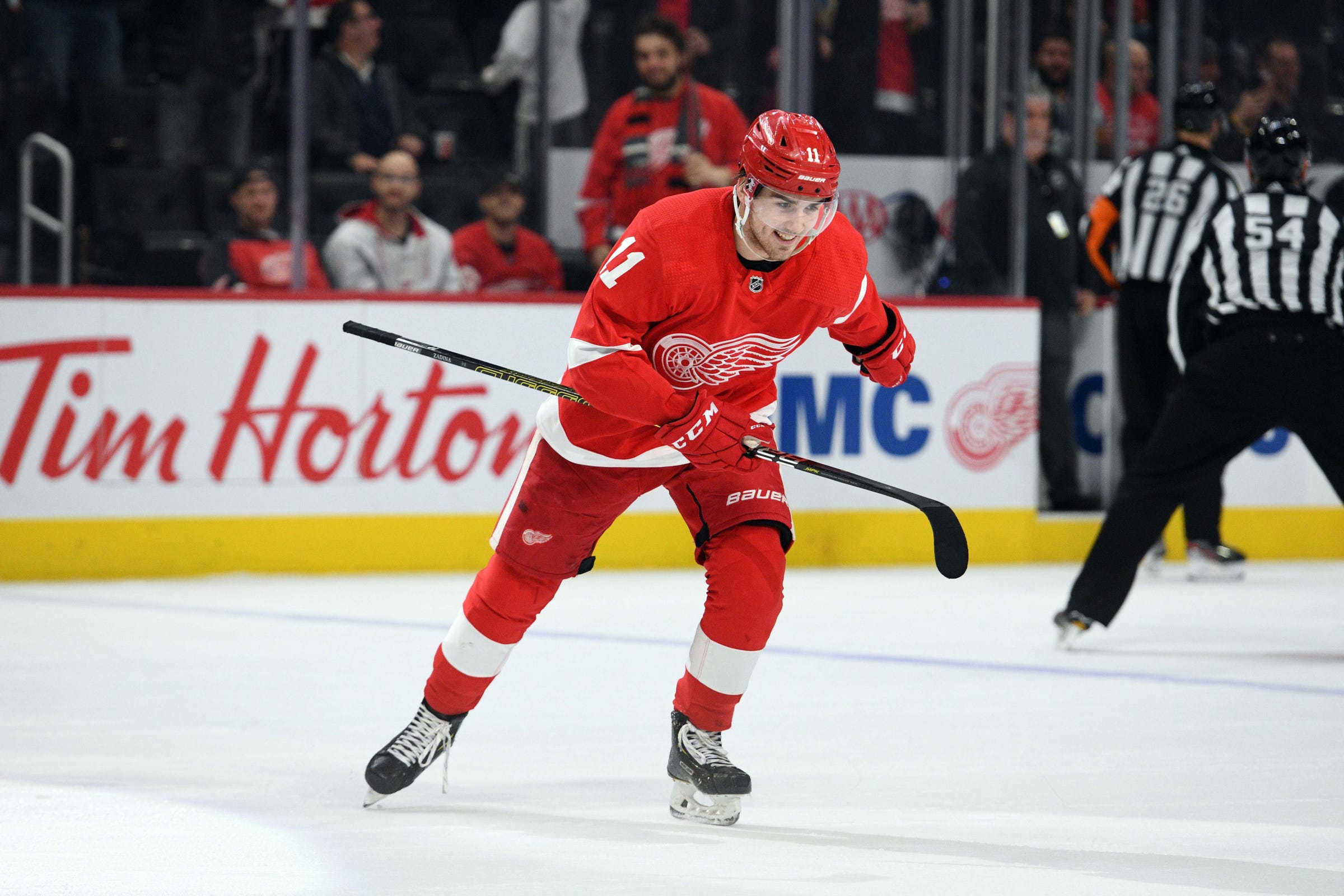

All eight were on target - none blocked, none missed. That night, in 23 minutes of ice time, Mantha attempted eight shots. Which is why I now call your attention to Game Three against the Bruins - the sharp vertical blue line. (By the way I saw Tenet last night.) Mantha’s effort and his ultimate output on the scoreboard are two different things that are not always closely correlated. Games are decided by goals, which are decided by unfaithful bounces unaccountable to us, with our minds that understand the flow of time in just the one direction.

Hockey is a stupid sport, and we are stupid for loving it. That makes him only slightly under-rewarded.īut way back on April 18, Mantha scored his fourth goal with just 1.1 expected goals, making him vastly over-rewarded at the time. In the end, Mantha generated 4.8 individual expected goals at all strengths and scored four goals. Let’s be weird and start all the way at the right side of the graph. What are we supposed to make of that? Well, I’ve got a few thoughts, and they all start from this graph of Mantha’s cumulative goals vs his expected goals (using Natural Stat Trick’s reckoning). Then he called it a day, scoring no more for the rest of the season and postseason. Let’s move on.Īnthony Mantha came to Washington like he was shot out of a cannon, scoring four goals in four games. That trade was good and necessary, but only because the circumstances preceding it were so wretched. I hereby promise not to make this review a re-litigation of the Vrana trade. The numbers above show the average score for the player in each survey period. On a scale from 1 to 5, how HAPPY are you to have this player on the team?ġ means VERY UNHAPPY TO HAVE THEM ON THE TEAMĥ means VERY HAPPY TO HAVE THEM ON THE TEAM About this visualization: At three times during the season (end of January, end of March, and end of May), RMNB shared an open survey with fans, asking the following question for each player:


 0 kommentar(er)
0 kommentar(er)
